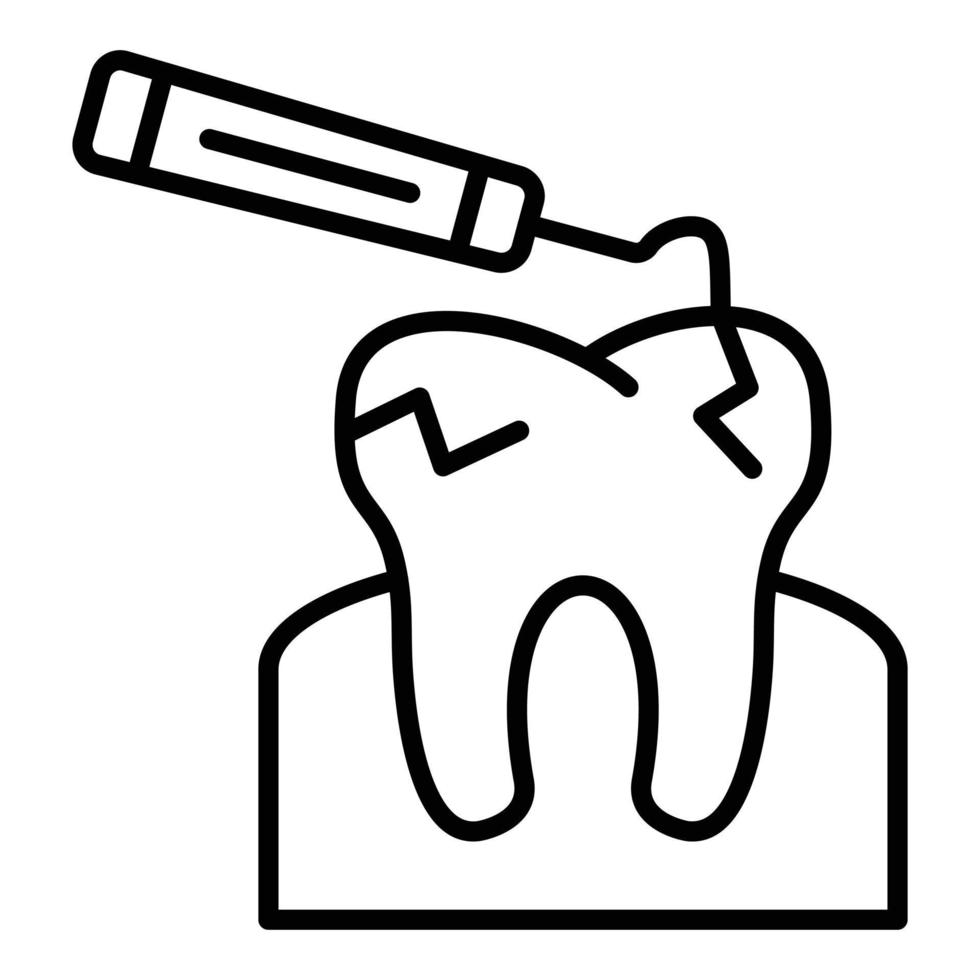Many people believe that as long as they brush and floss their teeth regularly, they don’t need to see the dentist often. However, this assumption can lead to serious dental problems. Here’s why regular dental check-ups should be part of your self-care routine:
- Early Detection of Dental Issues: Many dental problems, like cavities, gum disease, and oral infections, do not present obvious symptoms in their early stages. A dentist can spot these issues before they become more serious and difficult (and expensive) to treat. For example, a small cavity can be treated with a simple filling, while an untreated cavity may require a root canal or even lead to tooth loss.
- Prevention of Gum Disease: Gum disease, including gingivitis and periodontitis, is one of the leading causes of tooth loss among adults. Gum disease often starts with minor symptoms like swollen or bleeding gums, but if left untreated, it can lead to tooth and bone loss. During a routine check-up, your dentist will assess your gums for signs of disease and provide professional cleaning to remove plaque and tartar that contribute to these issues.
- Oral Cancer Detection: Oral cancer is a serious condition, and early detection is key to successful treatment. Your dentist will typically examine your mouth, tongue, cheeks, and throat for any signs of abnormal growths or lesions. Oral cancer can affect anyone, and routine screenings during dental visits can save lives by catching the disease early when it is more treatable.
- Teeth Cleaning and Plaque Removal: Even if you brush and floss regularly, plaque and tartar can build up over time, especially in hard-to-reach areas. A dental cleaning is necessary to remove plaque and tartar that brushing cannot reach. Professional cleanings also help to remove stains, ensuring that your teeth stay white and healthy.
- Monitoring Oral Health Trends: Your dentist can track your oral health over time, identifying patterns that may indicate underlying health conditions. For example, frequent dry mouth, jaw pain, or teeth grinding might signal stress or health issues that need attention. Regular visits help your dentist monitor these changes and recommend solutions to prevent further damage.
What to Expect During a Dental Check-up
The thought of going to the dentist can make some people anxious, but understanding what happens during a check-up can help ease that worry. Here’s what typically occurs during a routine dental appointment:
- Initial Examination: Upon arrival, your dentist will start by asking about your medical history, including any changes in medications or health conditions. They may also inquire about your oral health habits, such as brushing, flossing, and eating habits.
- X-rays (If Necessary): Depending on your age, risk factors, and any symptoms, the dentist may take X-rays of your teeth and jaw. These images help detect problems beneath the surface, such as cavities between teeth or issues with the roots and bones. X-rays are generally recommended every one to two years.
- Professional Cleaning: A dental hygienist will perform a thorough cleaning of your teeth. This includes removing plaque and tartar that regular brushing and flossing can’t reach. The hygienist will also polish your teeth to remove stains, leaving them smooth and shiny.
- Oral Cancer Screening: Your dentist will examine your mouth for any signs of abnormal tissue or potential oral cancer. This examination includes checking your tongue, cheeks, gums, and throat. If any suspicious areas are found, your dentist may recommend further testing or biopsy.
- Gum and Tooth Examination: The dentist will assess the health of your gums, looking for signs of gum disease, such as bleeding, swelling, or recession. They will also check your teeth for cavities, cracks, or signs of wear from grinding.
- Treatment Recommendations: Based on your oral health examination, your dentist may suggest treatments or changes in your oral hygiene routine. If cavities or gum disease are found, treatment options will be discussed. They may also provide advice on diet, fluoride treatments, or even sealants to protect your teeth.
How Often Should You Visit the Dentist?
The American Dental Association (ADA) recommends visiting the dentist at least once every six months for a routine check-up and cleaning. However, the frequency of your visits may vary depending on your individual health needs. If you have a history of gum disease, cavities, or other oral health issues, your dentist may recommend more frequent visits, such as every three or four months.
For individuals with excellent oral health, six-month visits may be sufficient. However, if you experience specific issues such as frequent tooth sensitivity, pain, or difficulty chewing, it’s important to see your dentist sooner than scheduled.
Benefits of Regular Dental Check-ups
The benefits of routine dental visits extend far beyond just your teeth. Here are a few ways dental check-ups contribute to your overall health:
- Prevention of Serious Health Conditions: Early detection of oral health issues can prevent complications that may affect your overall health. For example, gum disease has been linked to conditions like heart disease, diabetes, and even Alzheimer’s disease. Addressing these problems early can help reduce the risk of developing these serious conditions.
- Cost-Effective Care: Regular visits to the dentist can save you money in the long run. Preventative care is much less expensive than extensive treatments like root canals, extractions, or crowns. Maintaining good oral health through regular visits can help you avoid costly procedures down the line.
- Maintaining a Bright Smile: Regular cleanings and examinations help maintain the appearance of your smile. Removing plaque, tartar, and stains from your teeth ensures they remain healthy and aesthetically pleasing. A bright, healthy smile can also boost your confidence and improve your overall well-being.

